_t607.JPG) Alex Chilton, the great singer and songwriter who made three of my all-time favorite albums in the 1970s with Memphis power-pop band Big Star, died today. I discovered Big Star via cassette copies of those records back around 1987, when I was in college. It was around the time the Replacements recorded their tribute song, “Alex Chilton,” and the Bangles recorded their version of Big Star’s classic track “September Gurls” (one of the most perfect rock songs ever).
Alex Chilton, the great singer and songwriter who made three of my all-time favorite albums in the 1970s with Memphis power-pop band Big Star, died today. I discovered Big Star via cassette copies of those records back around 1987, when I was in college. It was around the time the Replacements recorded their tribute song, “Alex Chilton,” and the Bangles recorded their version of Big Star’s classic track “September Gurls” (one of the most perfect rock songs ever).
Big Star was one of those bands you heard other music fans talking about: “You’ve got to hear this… The LPs are rare, but I’ve got a copy on cassette.” And this was one of those cases when the band lived up to the mystique. All those songs on No. 1 Record and Radio City should have been hits, and then there was that strange, fractured, haunting dream of an album, Third/Sister Lovers.
I was lucky enough to see a few solo shows by Alex Chilton. He didn’t seem very interested in reliving his days in Big Star. He was doing his own, distinctly different solo music by this point, though he would play a few Big Star songs in concert, like “Holocaust” or “In the Street.” And what about his even earlier musical incarnation, the Box Tops, when he had a No. 1 hit, “The Letter,” when he was just a teen? Forget it. Chilton wasn’t going to play that. (He did a few shows now and then under the Box Tops name, but I never caught any of those performances.) Chilton just did what he wanted to.
The clamor for a Big Star reunion grew loud enough that Chilton and original drummer Jody Stephens teamed up with Posies members Ken Stringfellow and Jon Auer to form a new lineup of the band in 1993. I saw their show at Metro in Chicago, which was pretty cool. It didn’t feel completely authentic (more like half reunion, half tribute band), but it was wonderful to hear Chilton singing those songs again, with Stephens’ perfect drum beats behind him.
Big Star recorded a new album a couple of years ago, In Space, which was a colossal disappointment for me. It’s hard for me to consider it a true part of the band’s canon. But all of those 1970s Big Star songs still get me, every time. Few other bands have ever crystallized so well the power of a well-written rock song: A riff that grabs you, lyrics that seem simple at first but reveal odd idiosyncrasies the more you listen, and the honest emotion of those vocals. Those first two albums are also masterpieces of sequencing. The songs follow one another in an order that feels like a great mix tape. (As for Third, the proper sequence is a matter of some mystery and debate, but the album still works beautifully in its various versions, a weirdly baroque and deeply personal drama.)
Big Star was scheduled to play this Saturday at South By Southwest. I’m not attending SXSW this year, and I was feeling sorry that I was going to miss this chance at seeing Big Star again. Tonight came the sad news that Chilton had died, apparently of a heart attack. So I’m playing some Big Star songs tonight and mourning the death of yet another great musician (coming so soon after Vic Chesnutt, Lhasa De Sela, Jay Reatard and Mark Linkous).
(Photo: Alex Chilton poses outside his home in New Orleans on Aug. 20, 1993. AP Photo/Dave Steuber, posted on the Memphis Commercial-Appeal Web site.)
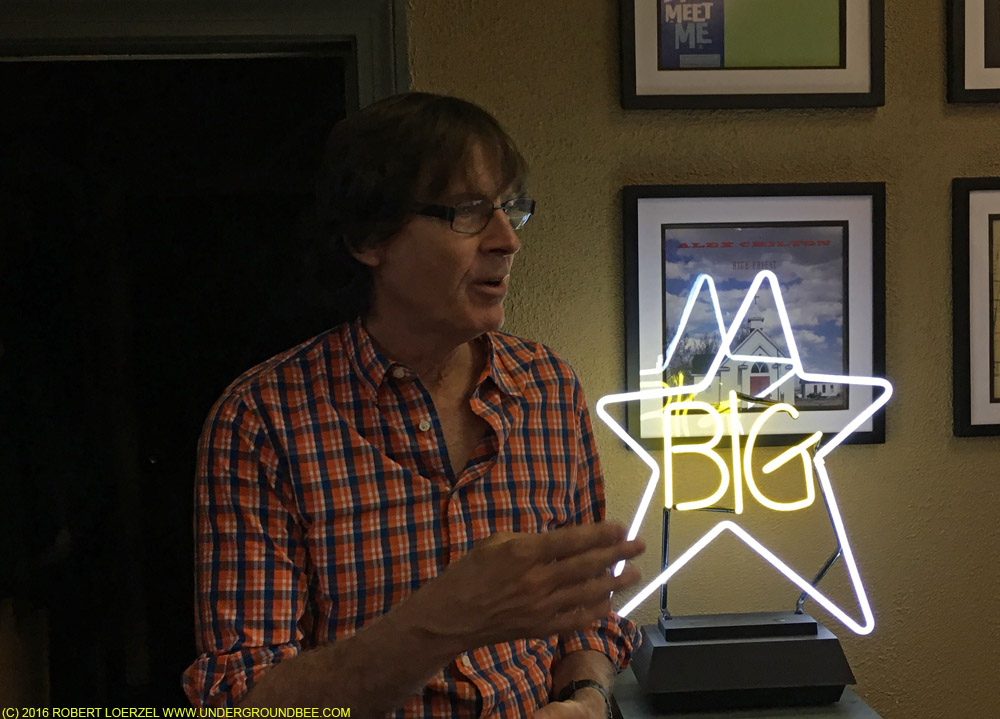
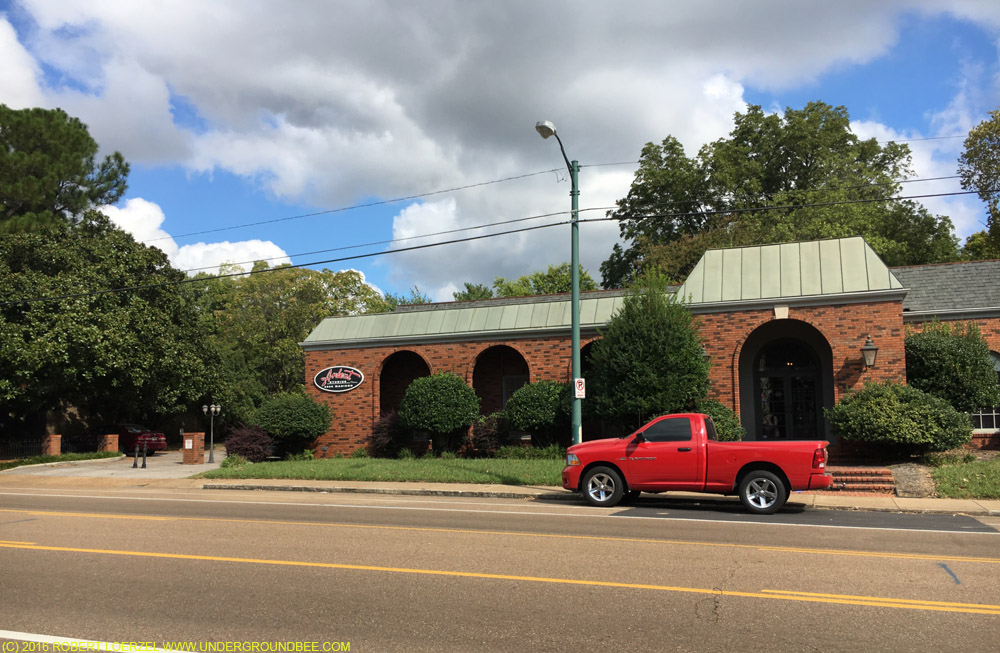
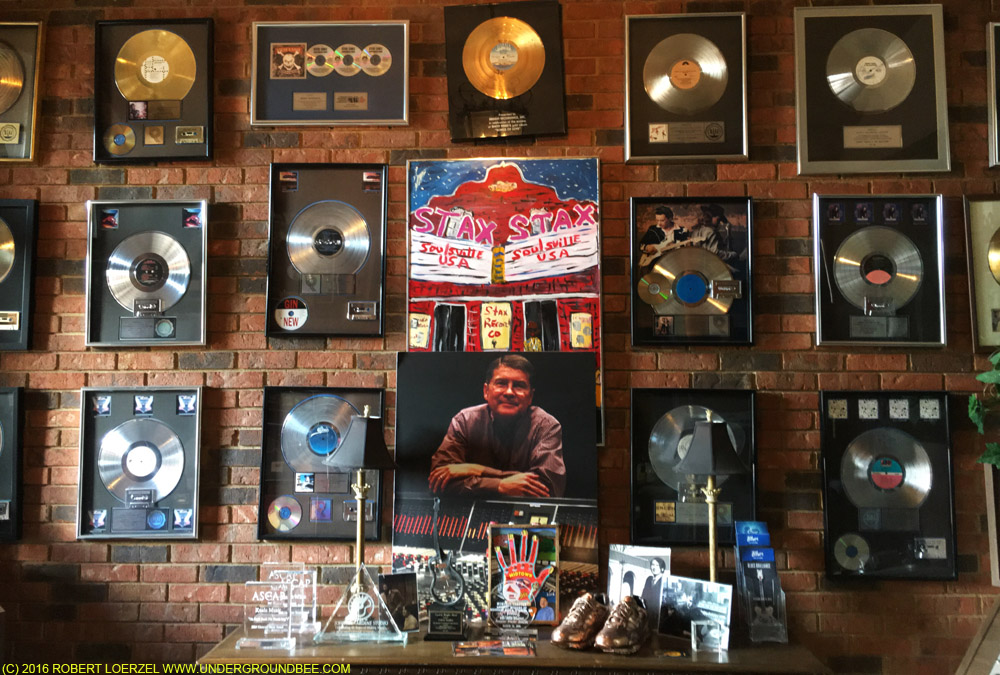

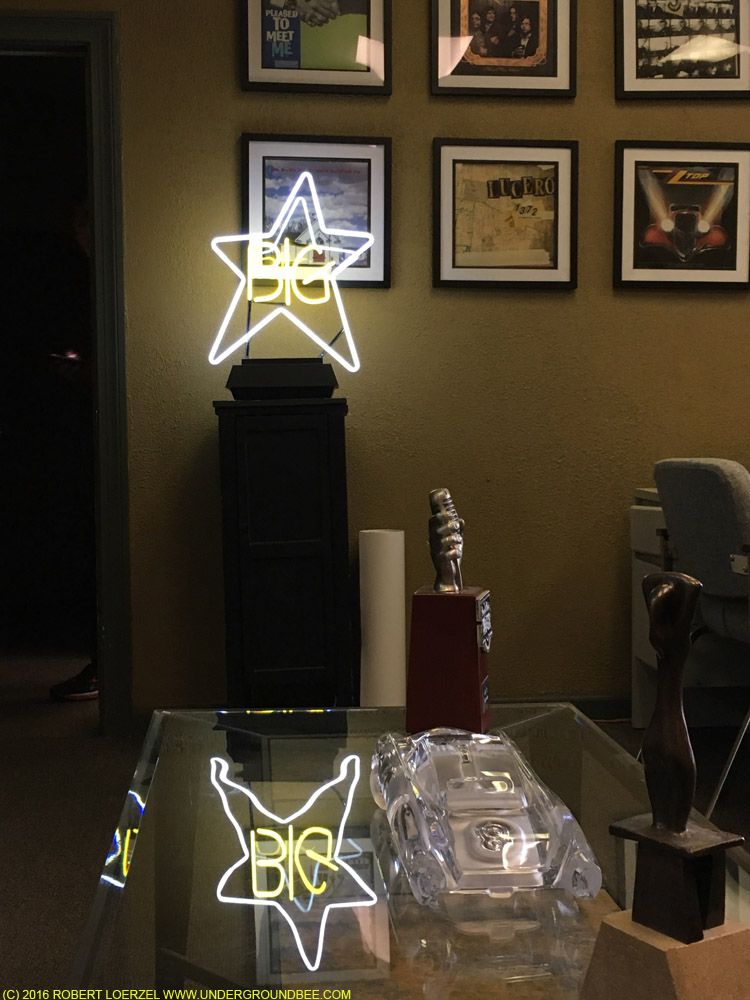


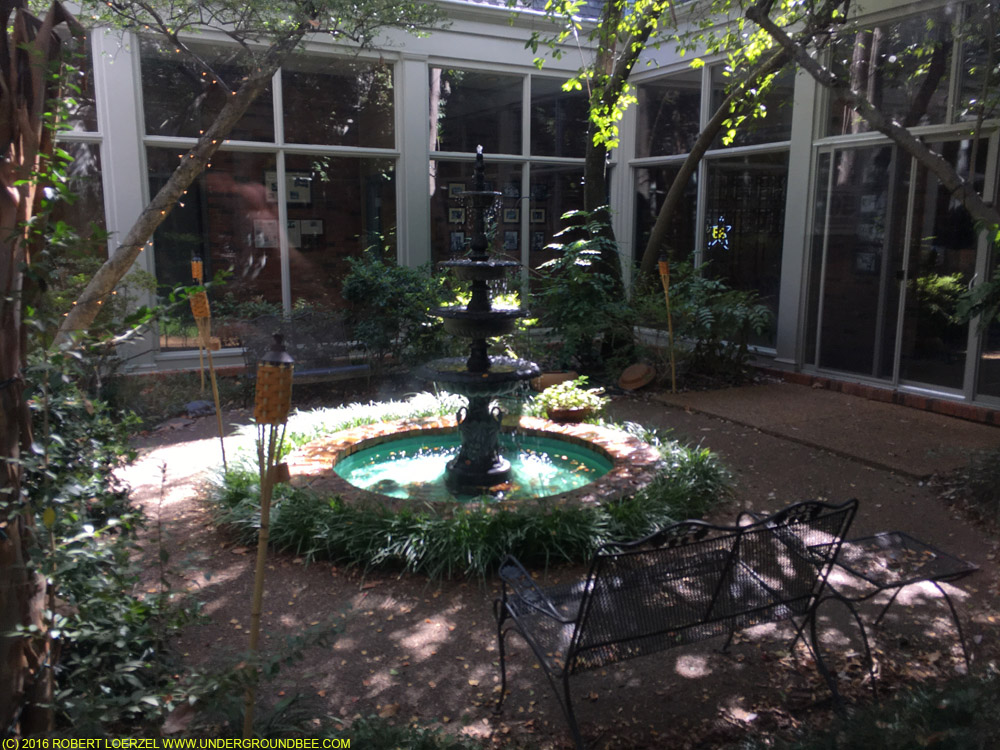


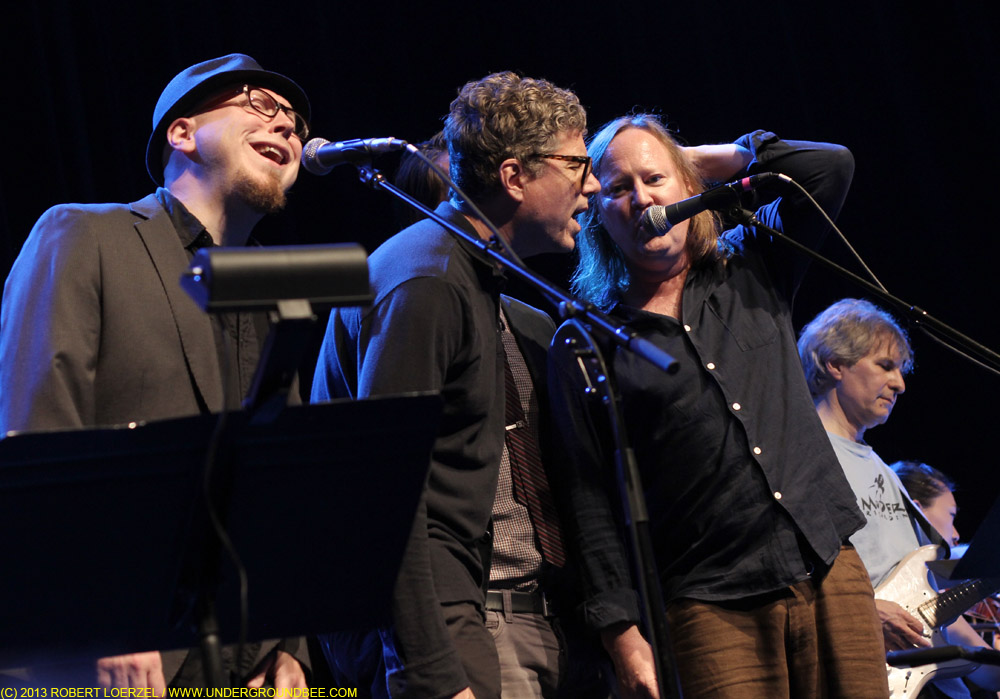
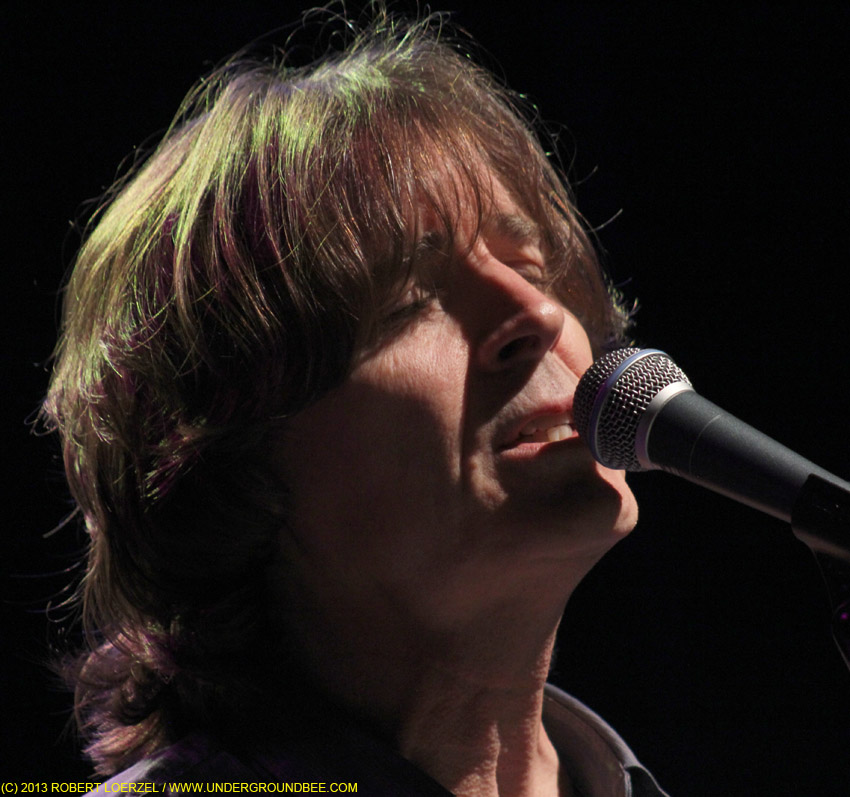
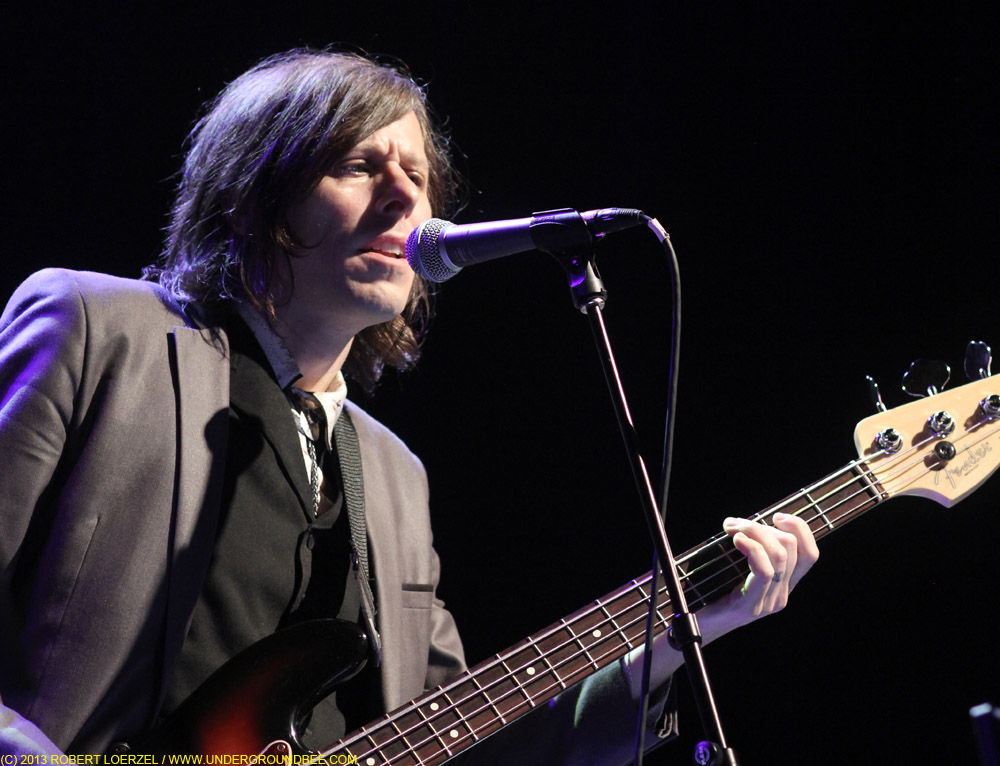

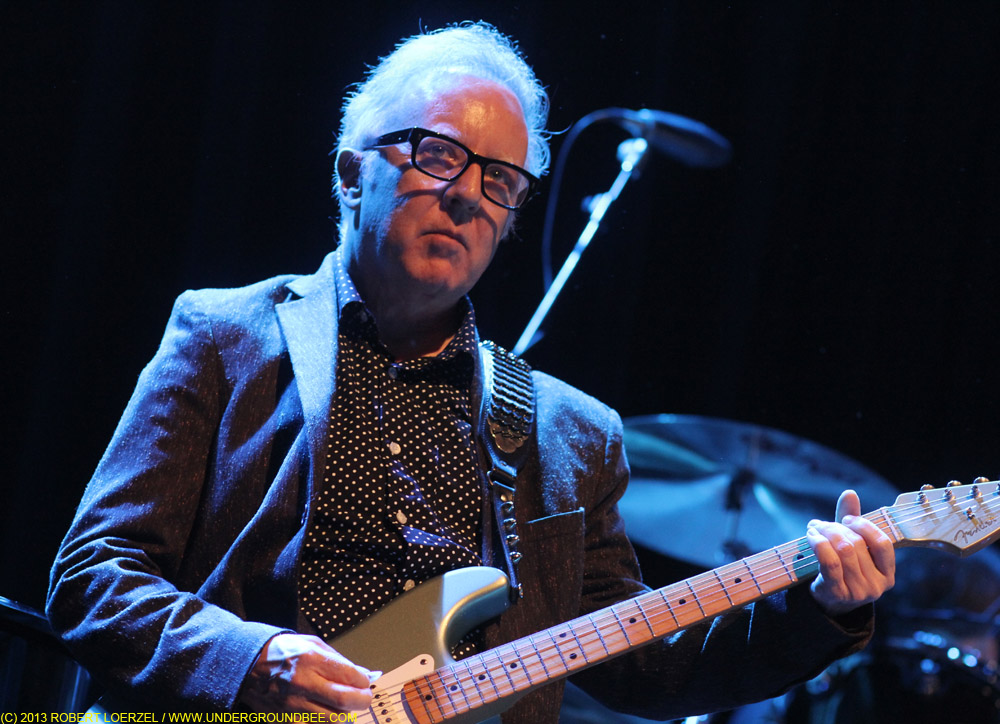


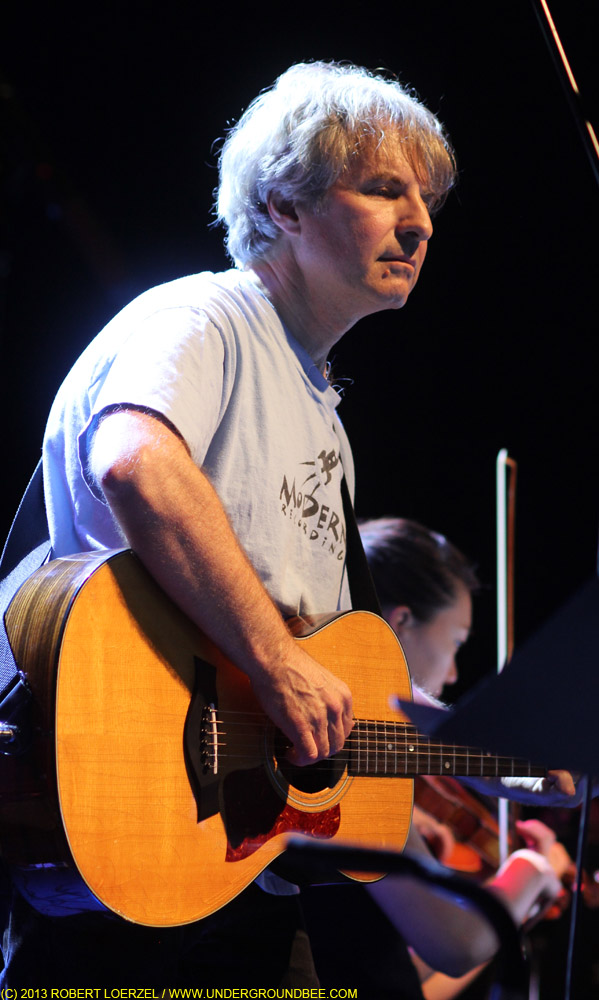

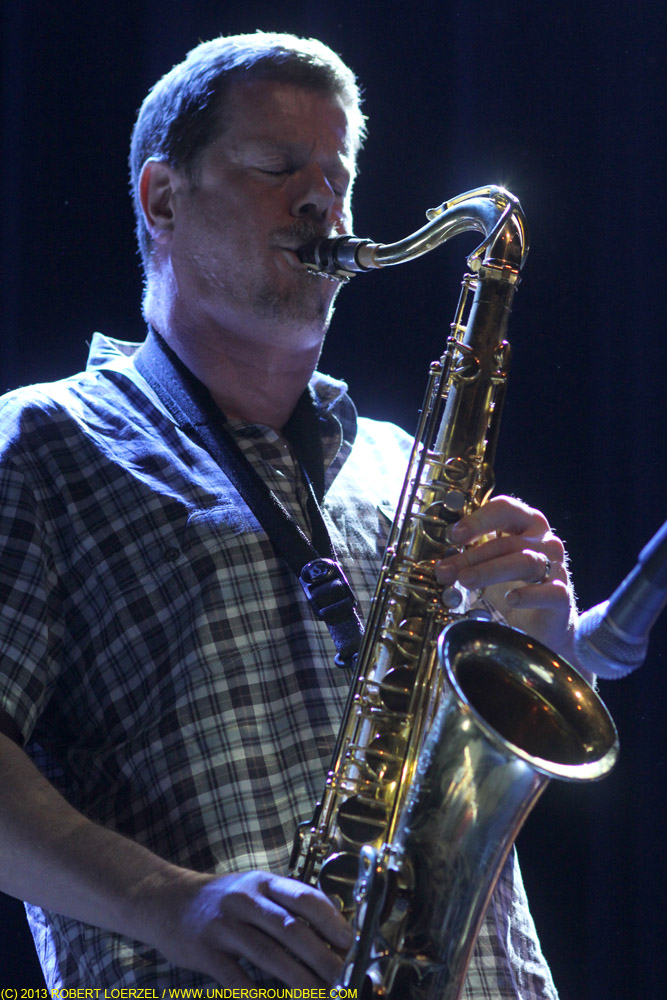
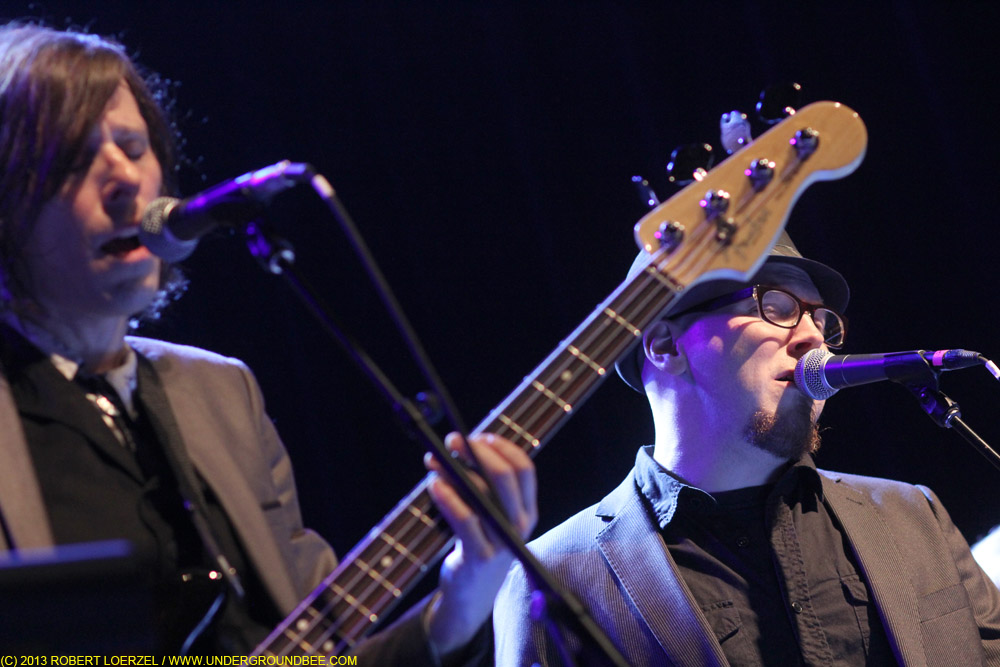
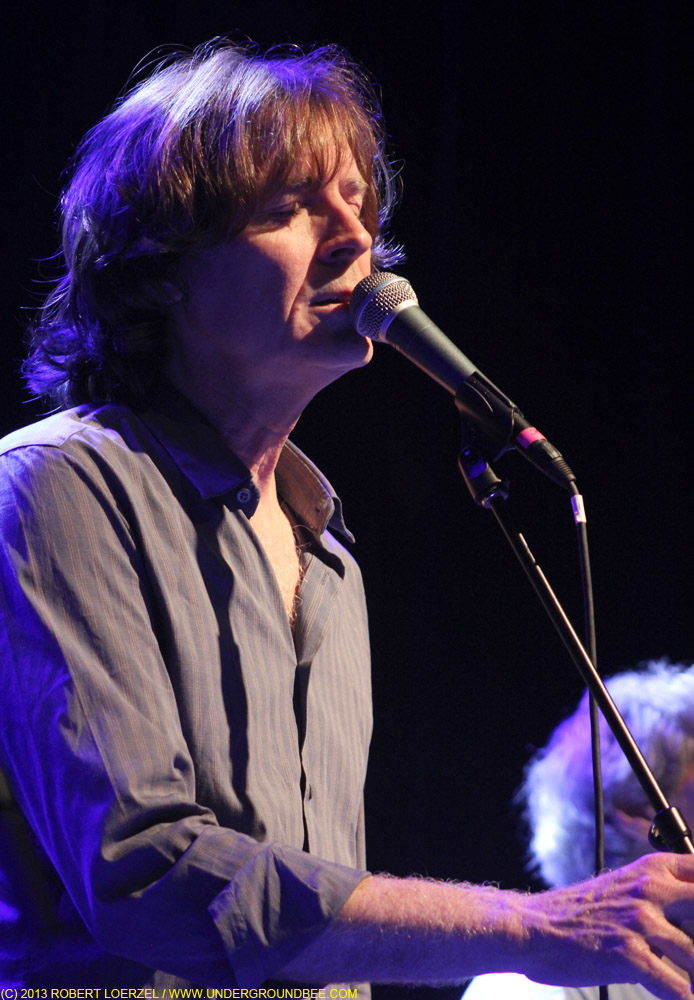
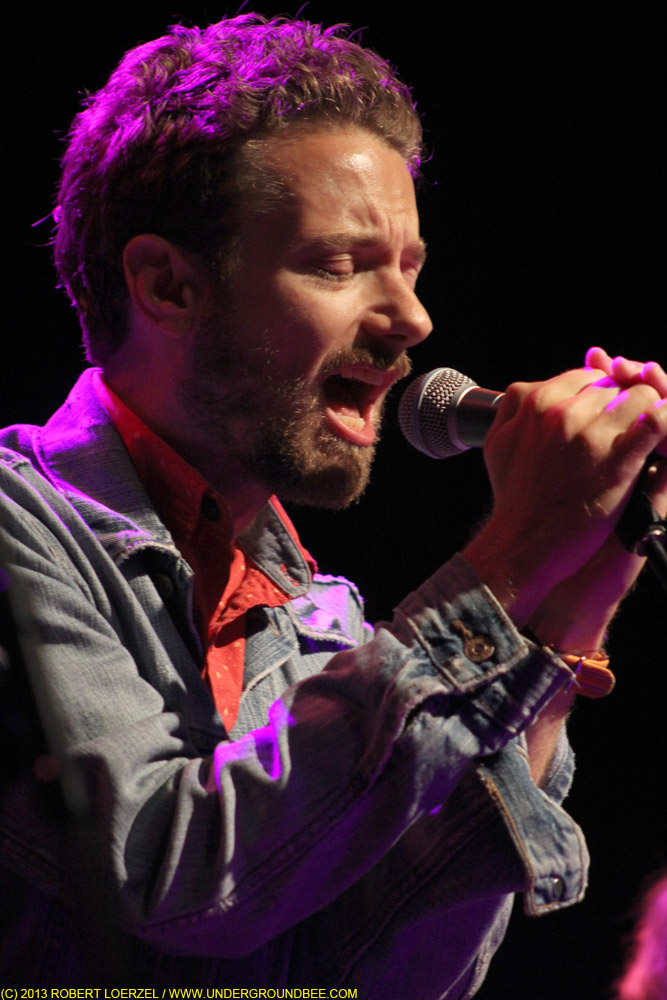
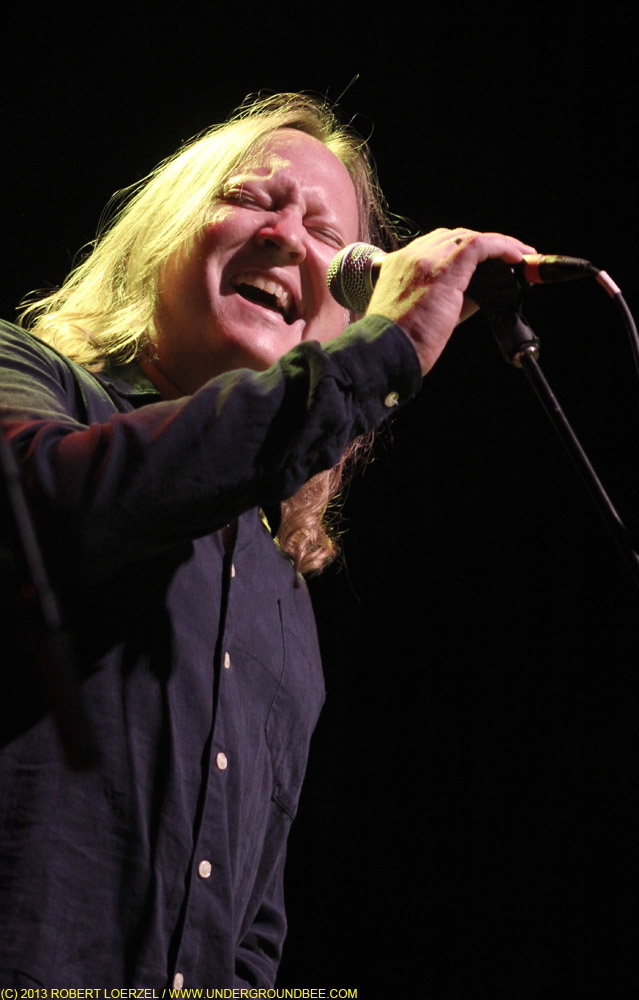
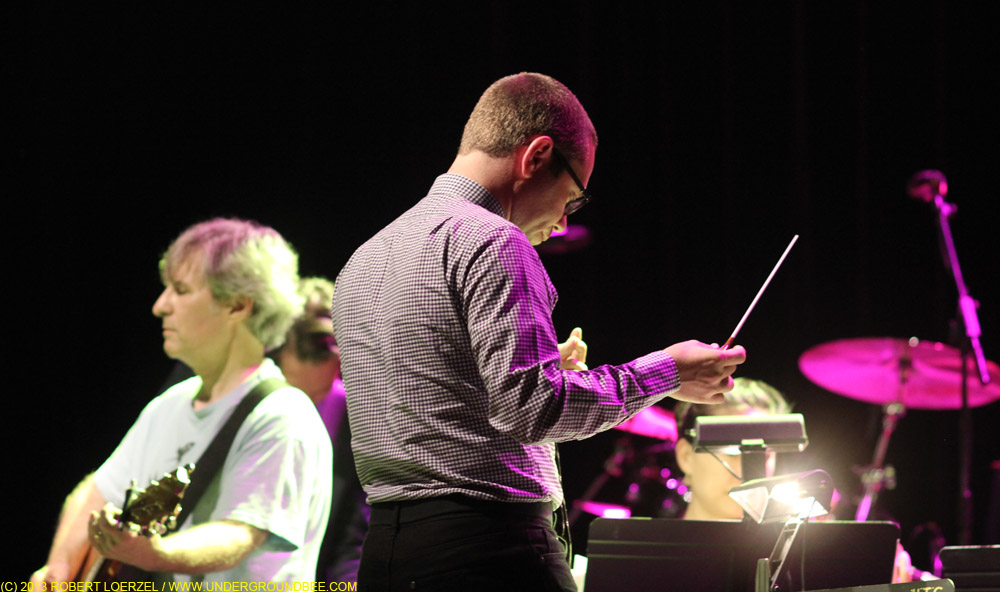
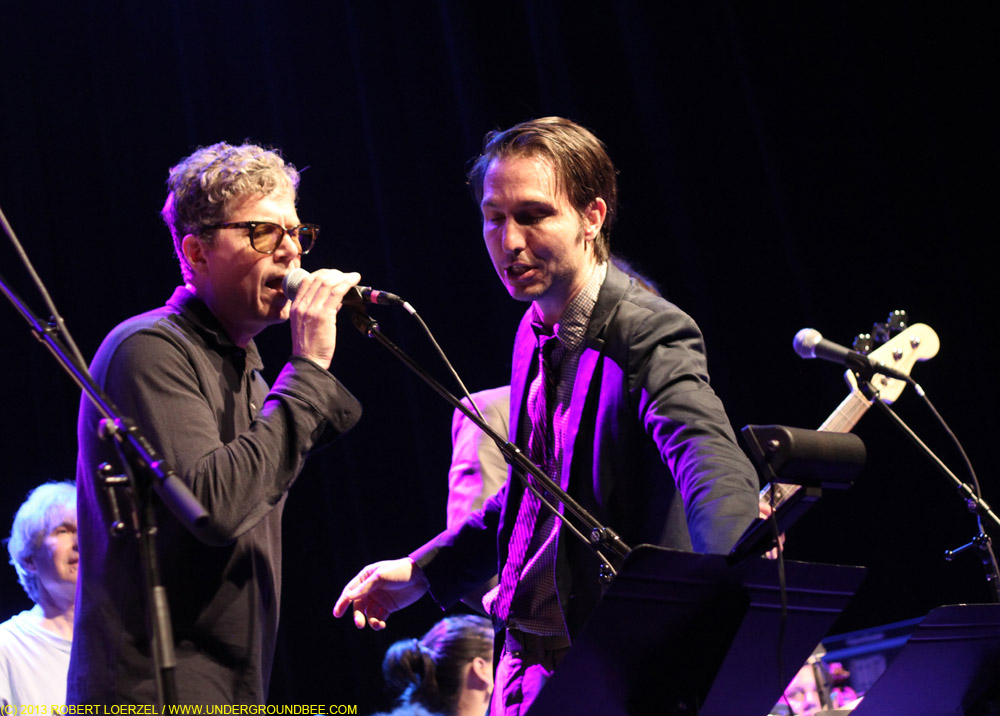
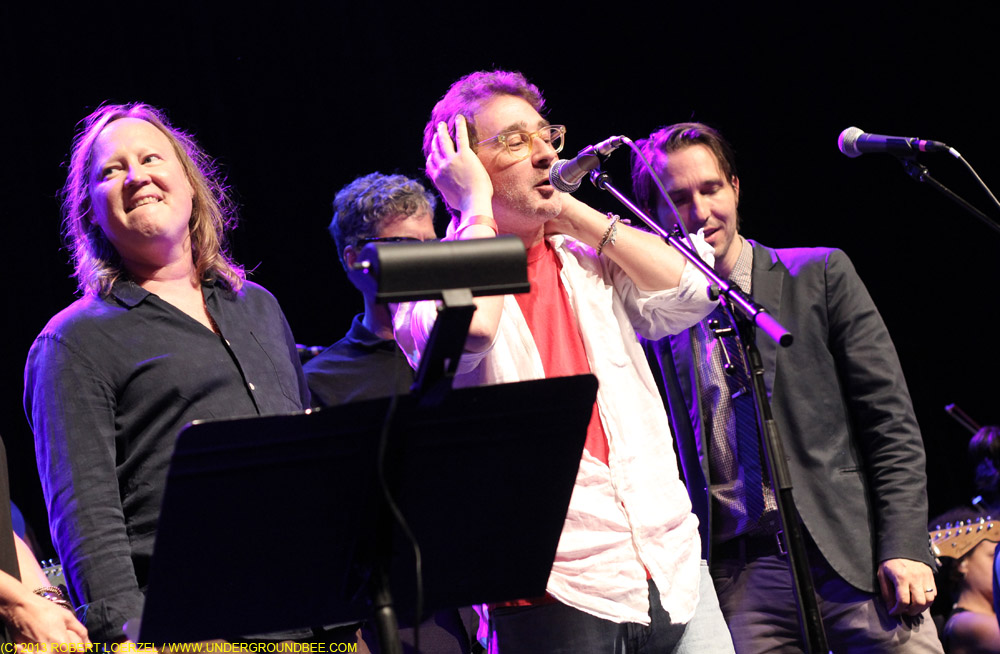
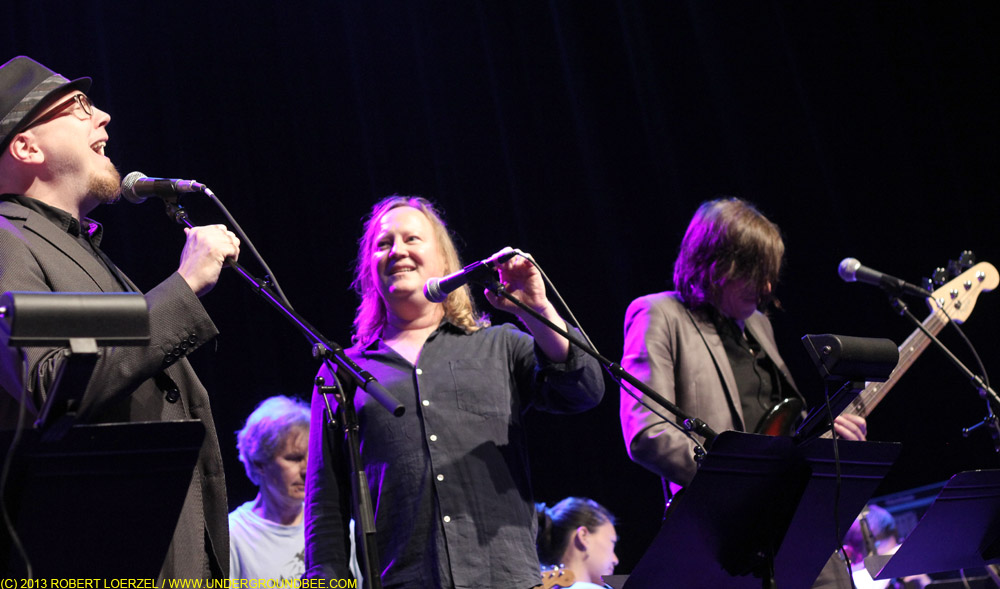
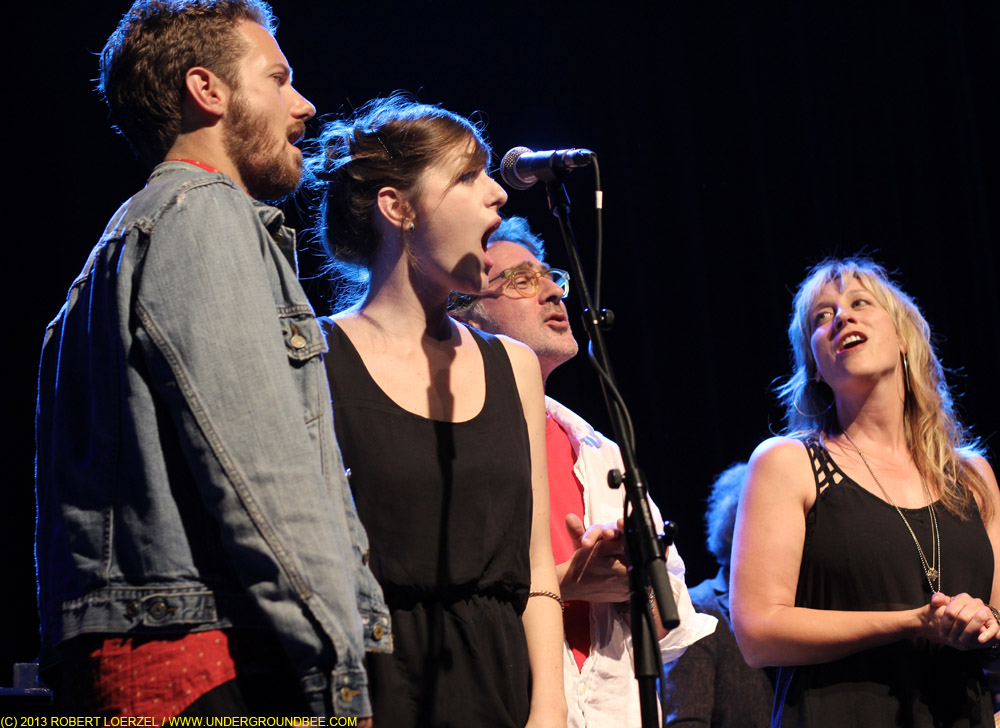
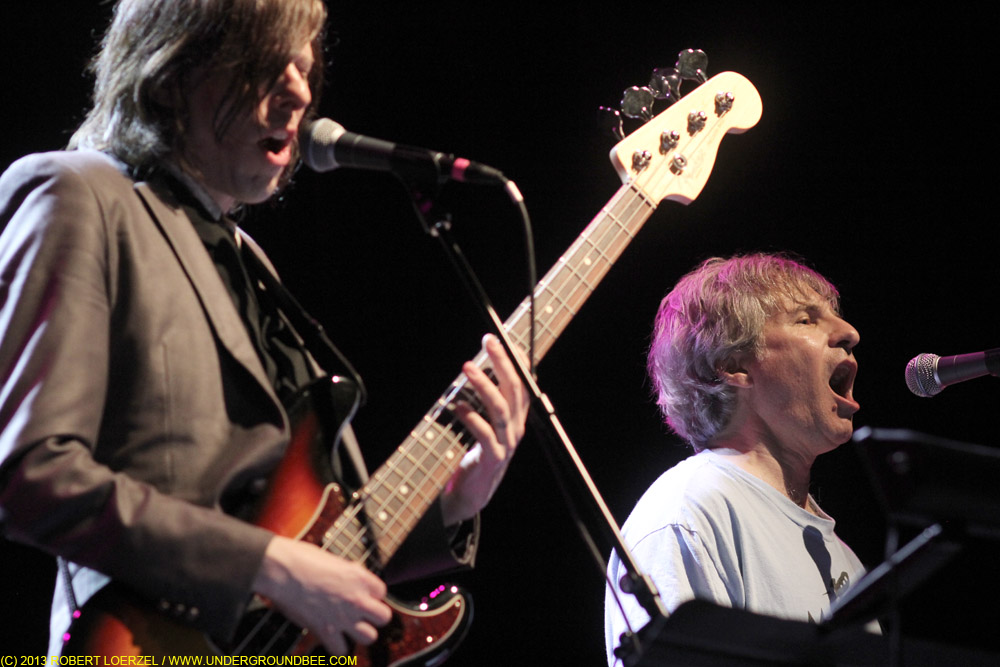
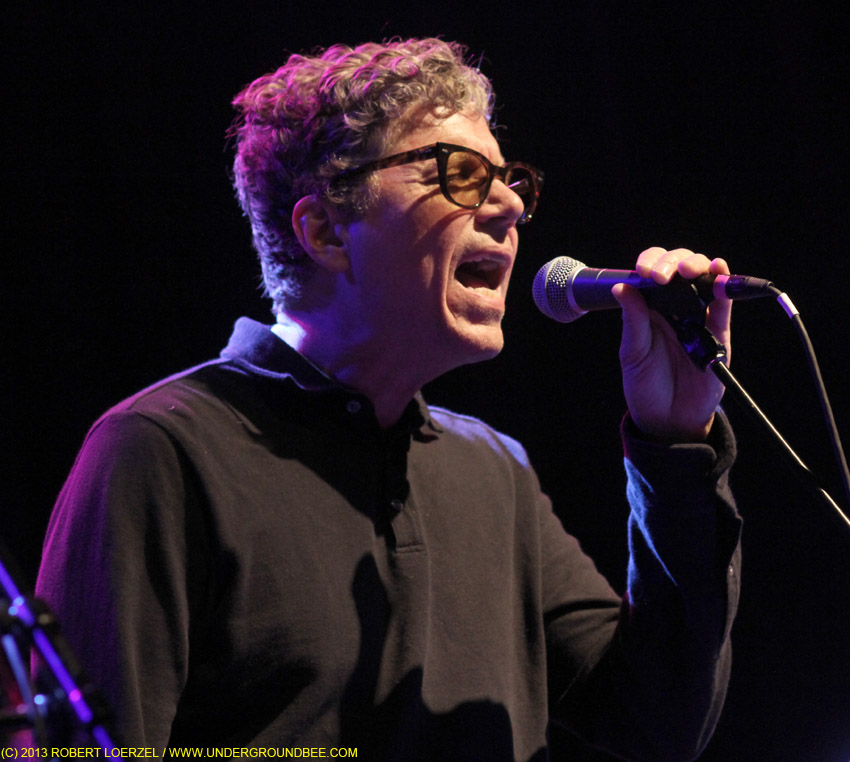
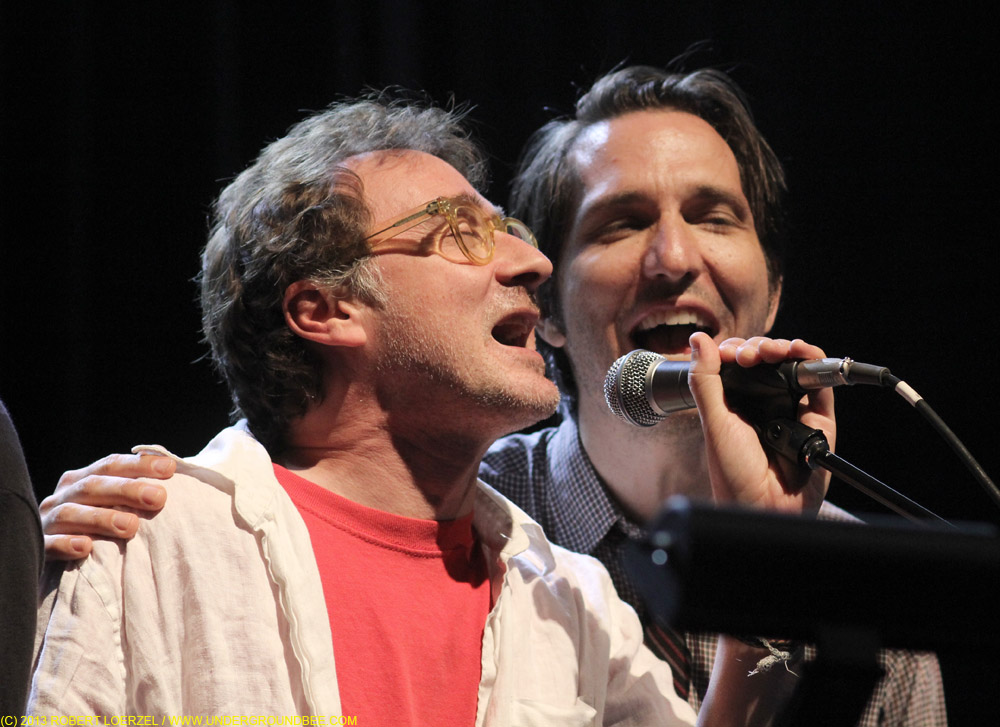

_t607.JPG)